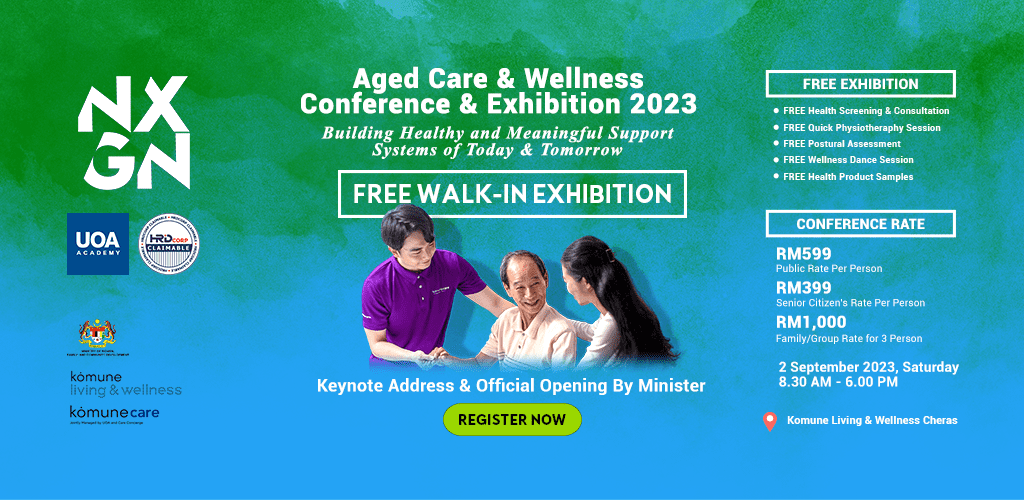The Vital Role of Nutrition in Elderly Care: Nourishing Health and Well-being
As we age, maintaining proper nutrition becomes increasingly crucial for overall health and well-being. Adequate nutrition plays a pivotal role in supporting the physical, mental, and emotional health of older adults.

The Impact of Nutrition on Elderly Health
Nutrition has a direct impact on the health and vitality of older adults. A well-balanced diet provides essential nutrients, vitamins, and minerals that support healthy bodily functions, enhance immune system function, and aid in the prevention of chronic diseases such as heart disease, osteoporosis, and certain cancers. Proper nutrition intake also promotes cognitive function, maintains muscle strength, and supports optimal digestion, all of which are critical for maintaining independence and quality of life in older age.
Common Nutritional Challenges for the Elderly
Several factors contribute to nutritional challenges among older adults. These include age-related changes in taste and smell, reduced appetite, dental issues, swallowing difficulties, medications that affect appetite or nutrient absorption, and limited mobility. These challenges can lead to inadequate intake of essential nutrients, resulting in malnutrition or deficiencies that can impact overall health.
Tips for promoting optimal nutrition among elders
- A Balanced Diet – Encourage a diet rich in fruits, vegetables, whole grains, lean proteins, and healthy fats. Opt for a variety of foods to ensure a broad spectrum of nutrients.
- Adequate Hydration: Encourage regular fluid intake to prevent dehydration. Water, herbal teas, and soups are excellent options.
- Nutrient-Dense Foods: Encourage nutrient-dense choices, such as incorporating lean proteins (e.g., fish, poultry, legumes) and calcium-rich foods (e.g., dairy products, fortified plant-based alternatives) to support bone health.
- Fiber-Rich Foods: Include high-fiber foods like whole grains, fruits, and vegetables to promote digestion and prevent constipation.
- Vitamin D and Calcium: Ensure sufficient intake of these nutrients for bone health. Sun exposure and fortified foods are good sources of vitamin D, while dairy products and fortified plant-based alternatives provide calcium.
- Meal Assistance and Modifications: Address physical challenges by providing adaptive utensils, modified textures for those with swallowing difficulties, and assistance with meal preparation and feeding if necessary.
- Regular Health Check-ups: Regularly monitor weight, nutrient levels, and overall health with healthcare professionals to detect and address any nutritional deficiencies or concerns.
Closing remarks
Let us prioritize nutrition as a fundamental component of elderly care, enabling older adults to age gracefully and enjoy their golden years to the fullest. If you would like to know more about the topic of nutrition, we invite you to attend our upcoming Aged Care & Wellness Conference & Exhibition 2023 on 2nd September 2023 at Komune Living and Wellness, Cheras. Visit our event webpage at https://uoa-academy.com/nxgn/ to register and secure your spot at this transformative event.
Disclaimer – this article is by no means medical advice. If you require dietary guidance, it is recommended to consult a registered dietitian or nutritionist who can assess your individual needs and provide tailored recommendations.



